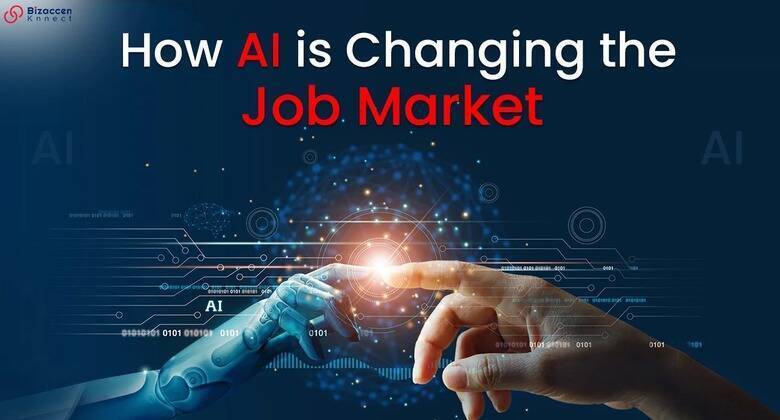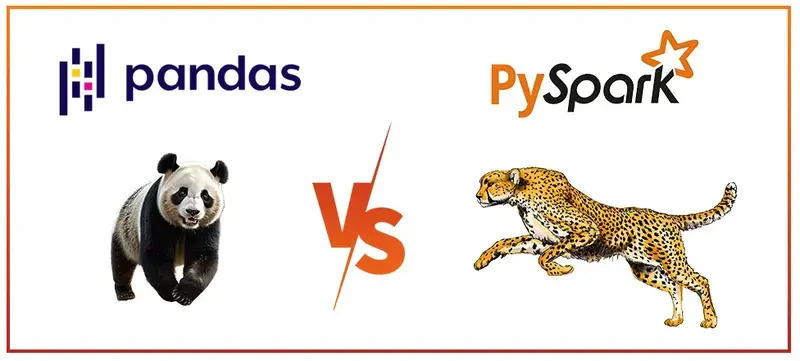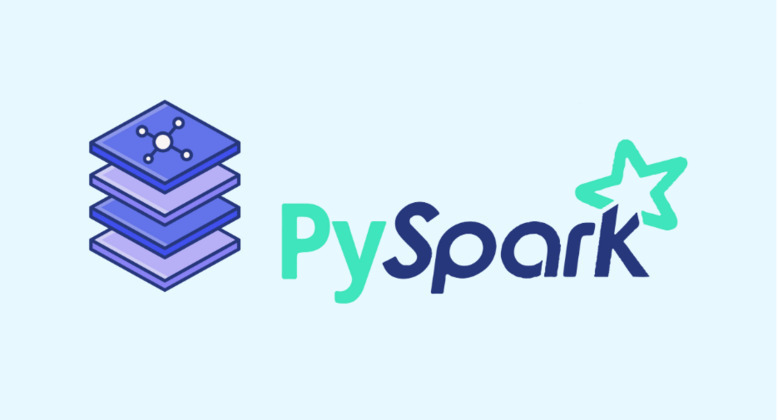AI has experienced extraordinary growth over the past few years. It is modifying entire industries and whole sectors by changing the face of work. Where some see the downfall in the fact that it will take away their jobs, the reality for others is much more complicated because AI displaces some while creating new opportunities, even through shifts in demand for certain skills. In this blog post, we will look at how AI is affecting the job market and what that may mean for professionals in different fields.
1. The Rise of Automation: Displacing Repetitive Jobs
Reducing Repetitive Functions The most marked impact of AI is the possibility of automating repetitive functions. This is most evident in manufacturing, logistics, and even customer service sectors. Robots can do work that includes even complex assembly work with much speed and accuracy than their human counterparts. Simple queries about support services are now taken over by chatbots.
This automation wave tends to hit the most routine and predictable jobs. For instance, auto-inputting tasks, as well as customer service and basic administrative positions, are being replaced by AI systems. Which is scary, but one needs to view this in the context of history's cycle, from the industrial age to the digital age.
What this means:Low-skilled, routine work is most likely to be at the frontline of displaced jobs, but this also allows employees to move and work toward creative, critical thinking, and emotional intelligent tasks—skills where AI has not mastered up to that mark
2. Newly Emerging Jobs
AI does not only take jobs, but also creates new industries and job roles. As the complexity of AI continues to rise, there is sure to be a demand for specialists who can design, develop, and maintain systems like these. New job areas that stand to be formed include AI researchers, data scientists, machine learning engineers, and AI ethicists among many others.
More importantly, the potential users of AI that had no previous applications are now embracing the technology to make their operations more efficient. Some of the best examples are health, education, and finance, which have emerged with new professions such as the AI-driven medical diagnostic specialist and the AI-based financial analyst.
What this means: The emergent nature of new roles in AI will continue to require highly technical skill-based needs. Big demand for professionals will be for highly technical skills, as they are always willing to adapt and learn.
3. Changing Skill Requirements
The same has been applicable for AI; in fact, it has also changed the nature of skills employers require. Workers with a fundamental knowledge base in areas of AI such as machine learning, data analysis, and software development are more valuable, though technical skills alone may not do the trick.
All this makes the creative and emotional work, solving problems, soft skills, and communication skills the most important the more this humanity moves towards for a very long time to come. After all, the AI systems - no matter how talented and developed - will continue to handle large amounts of data analysis, while human workers are still in demand as analysts: how to interpret the conclusions obtained and make them happen.
What this means: Professionals must upskill and reskill to stay on top of things. People with a combination of technical and soft skills will be on the edge of competing in the job market.
4. AI in Recruitment and Human Resources
Moreover, AI not only alters the kind of jobs created but also the means of acquiring and managing talent by a company. It is now that most organizations rely on AI-based tools to make their recruitment processes smoother and faster. Algorithms driven by AI can search through resumes, determine the suitability of candidates, and even conduct preliminary interviews using chatbots.
AI systems analyze performances, predict future talent, and provide targeted training to individual employees. This procedure optimizes the companies' workforce and builds more effective teams.
What this means: Job applicants should understand how AI is changing recruitment practices. Resumes need to be fitted into a word machine and all selected skills should demonstrate alignment with these systems to be noticed better by a recruiter.
5. *Polarization on Jobs: *
The Middle is Disappearing the most troubling trend created by an AI-induced influence on jobs is the polarization between high-reward, high-skill jobs and low-reward, low-skill jobs. What's really happening in the world of work with automation is to remove many in the middle-skill, middle-wage and more clerical type jobs and increase the distance between the high end of the spectrum, that is, well-compensated technical jobs, and the low end, where one finds lower-paid service jobs.
This goes a long way in making it hard for the workers that are displaced from the middle-income jobs. Most of the times, they face significant difficulties in finding such compensation or career growth opportunities if they do not have some sort of reskilling or upskilling.
What this means: Governments and educational institutions can play a role to make sure people get all sorts of learning resources to transfer to better safer jobs with higher paying jobs .
6. Opportunities for Entrepreneurship
AI is opening fertile grounds for entrepreneurship as many new entrants are using AI to disrupt traditional industries or create completely new markets. From AI-driven marketing platforms to personal health care solutions, an entrepreneur who understands AI at its core can innovate better products or services.
Learning AI technologies and how they can work in wider industries can lead the entrepreneurial mind to significant opportunities
What this means:Artificial intelligence is lowering barriers to entry in many industries, making it more competitive for small companies and startups that aspire to compete with the establishment. Thinking about AI must be at the core of the business strategy.
Also Read:
Exploring Retrieval-Augmented Generation (RAG)
Step-by-Step Process on How to Write a Blog on Navagyan
Conclusion
AI has undoubtedly increased changes in the job market, but it isn't a story of doom and gloom. Automation is creating new roles, industries, and opportunities, and it is replacing some jobs. Flexibility is the key for workers and organizations alike to thrive in the future AI-driven landscape, where businesses will be innovating with full and vibrant force. Whether you are a seasoned professional or just starting your career, it is an ideal time to discover how AI can be part of your career journey.
Call to Action
What do you think about AI and its influence on the nature of jobs? Have you ever witnessed the effect of AI on the work environment? Share your views and experiences in the comment section!




